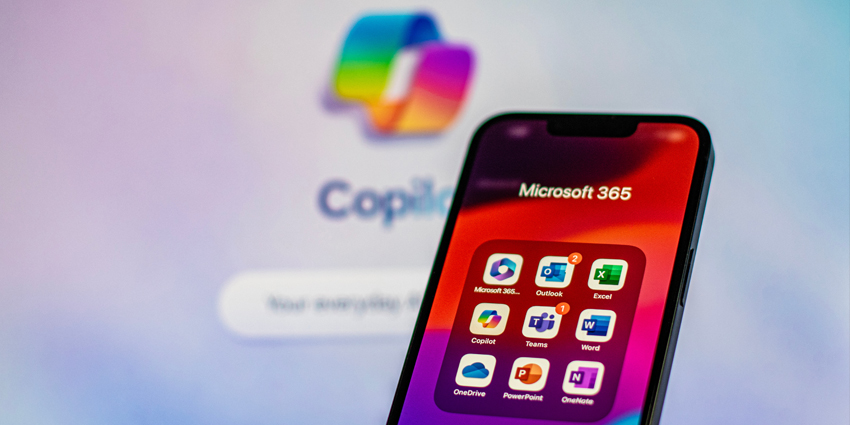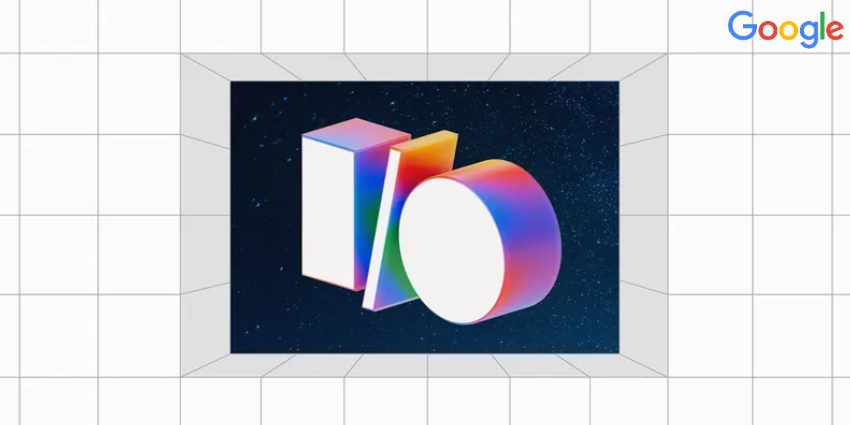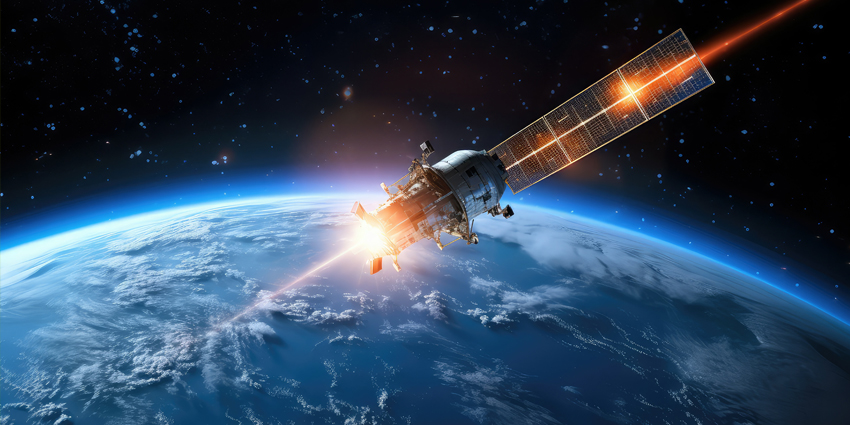This week, just before 2024 closes, Microsoft took another bold step towards its AI-focused future. On the 23rd, Reuters reported that Microsoft’s 365 Copilot service will gain integrations via additional internal and third-party AI models, broadening the abilities of the OpenAI framework behind CoPilot.
Moreover, by integrating third-party AI models, Microsoft can reduce CoPilot costs related to its reliance on OpenAI frameworks, notably the start-up’s GPT-4 model.
According to the report, Microsoft’s current dependence on OpenAI models raises concerns about client-facing enterprise costs and performance; leading to Microsoft looking into other AI models away from OpenAI.
Of the new CoPilot AI models, Microsoft is training its first-party Phi-4 platform and modifying open-weight models, lowering its OpenAI dependency.
Microsoft Unoffically Speaks on New AI Models
OpenAI did not comment on Reuters’s discovery; Microsoft, however, noted, “We incorporate various models from OpenAI and Microsoft depending on the product and experience,” showing that despite reports, OpenAI and Microsoft are still profoundly entangled.
The AI space is new and quickly growing, which can be hard to remember, considering the acceleration of the market in 2024. The future of AI will hold a range of new companies and solutions, which the CoPilot ecosystem can gain from, so Microsoft spreading its wings to reach new AI models makes sense and may not be as disregarding of OpenAI’s platform as one could assume.
Moreover, speaking to Reuters, a spokesperson from Microsoft explained that OpenAI “continues as the company’s partner on frontier models, a term for the most advanced AI models available.”
The representative also noted that the original Microsoft/OpenAI agreement allows for “the software giant to customize OpenAI’s models.”
According to unnamed sources, Microsoft CEO Satya Nadella is deeply involved in tracking the progress of the newly integrated models.








